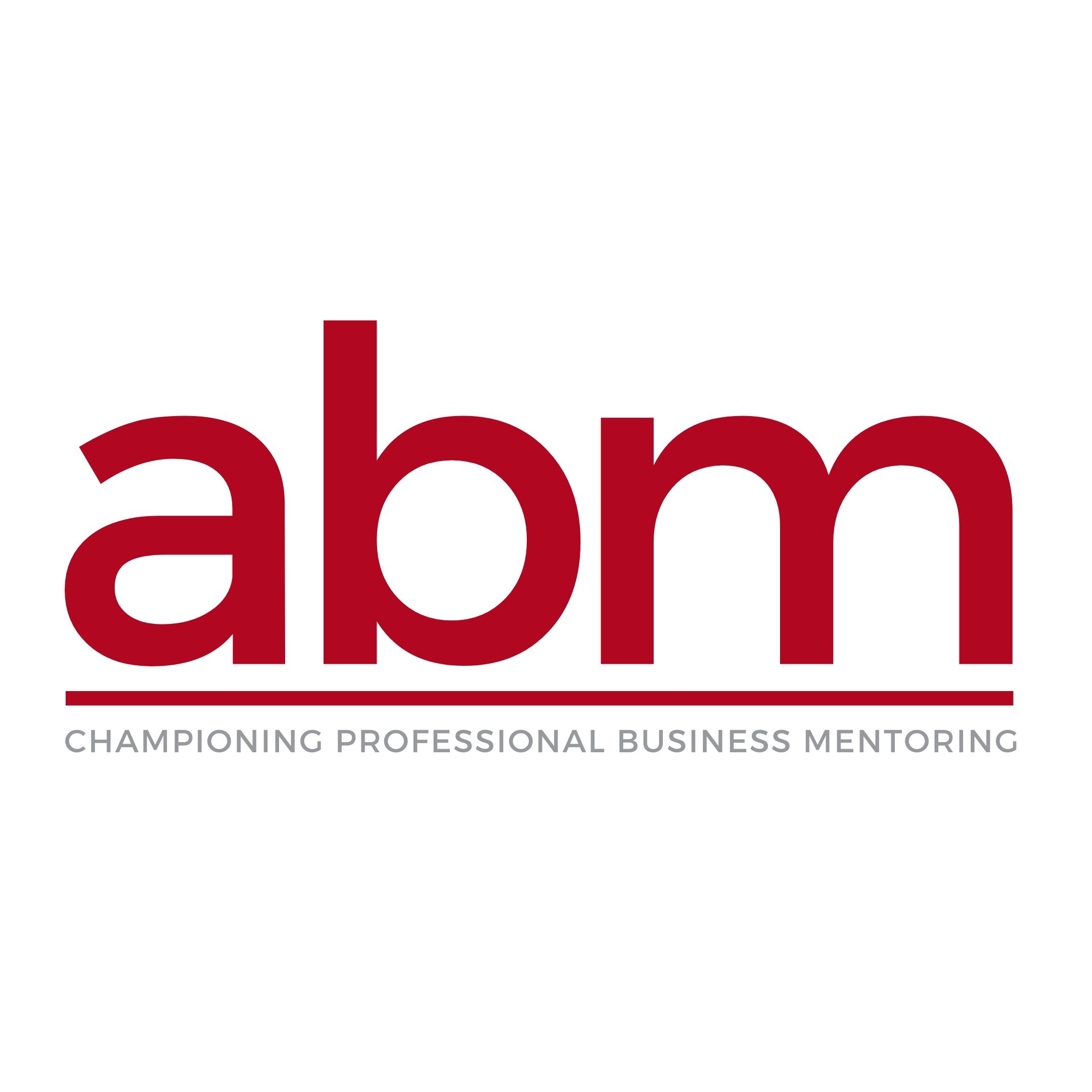When I worked in my corporate role, we rarely asked clients for feedback on our performance. What was working, where could we improve? Maybe it was naivety, maybe it was poor systems and heavy workload, maybe it was arrogance.
I can hazard a guess which!
After coming from a £50m turnover, market leading, privately owned business where customer feedback was important to help us improve, I found it difficult to comprehend. I had headed up Customer Services, Product Development & Marketing.
In every role, asking the right questions and actively listening was key to getting valuable insight into where we could improve. Where could we improve sales order processing? Where could we improve our product performance? How could we tweak our marketing? Every 1% was key to staying ahead of the competition.
Every piece of customer feedback for you and your business is valuable. Gold dust if you like.
A customer telling you everything is good is an endorsement that you should continue as is. A customer telling you that there’s room for improvement gives you an opportunity to learn, to develop and to improve.
I recently asked for critical feedback as part of my ILM level 7 in coaching and mentoring. The programme also consisted of peer supervision of me mentoring. I don’t like critical feedback at the best of times but from my peers and a handful of my best clients, I braced myself.
Once I had calmed down and sifted through the feedback, there were some golden nuggets that I have subsequently implemented into my business. I now intend to roll out a more regular feedback process as a result.
Often we don’t ask these types of questions because we don’t like to hear that everything isn’t bang on. We don’t like critical feedback. Being told that something we are doing isn’t perfect, often damages our pride, which can overpower our desire to seek feedback.
Asking a lame question doesn’t work. “Is everything okay?” in passing conversation is a closed question and will solicit usually a “yes” answer. It’s an easy response.
Asking “What could we do to improve our service?” is an open question and will solicit answers that will allow us to improve.
There are many ways you can ask for feedback. Surveys, emails, face to face, phone calls, third party, et al. Choose one that works for you and works for your clients.
Whichever you choose, do not fall into the trap that a lack of feedback means that your customers are happy. It often means they are wanting out and so not bothering to waste their time, are too busy to reply, or assuming you have enough feedback that theirs isn’t needed.


